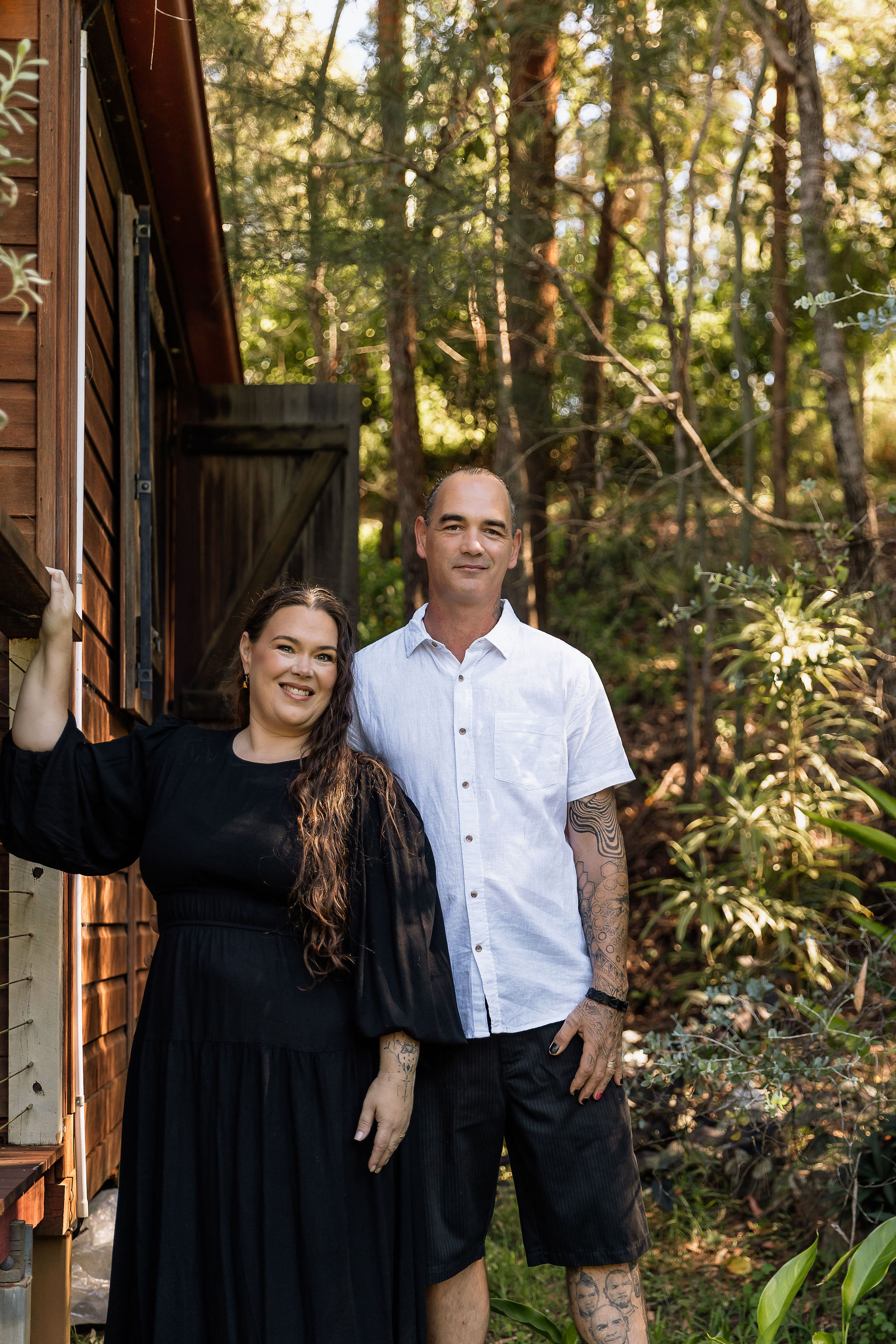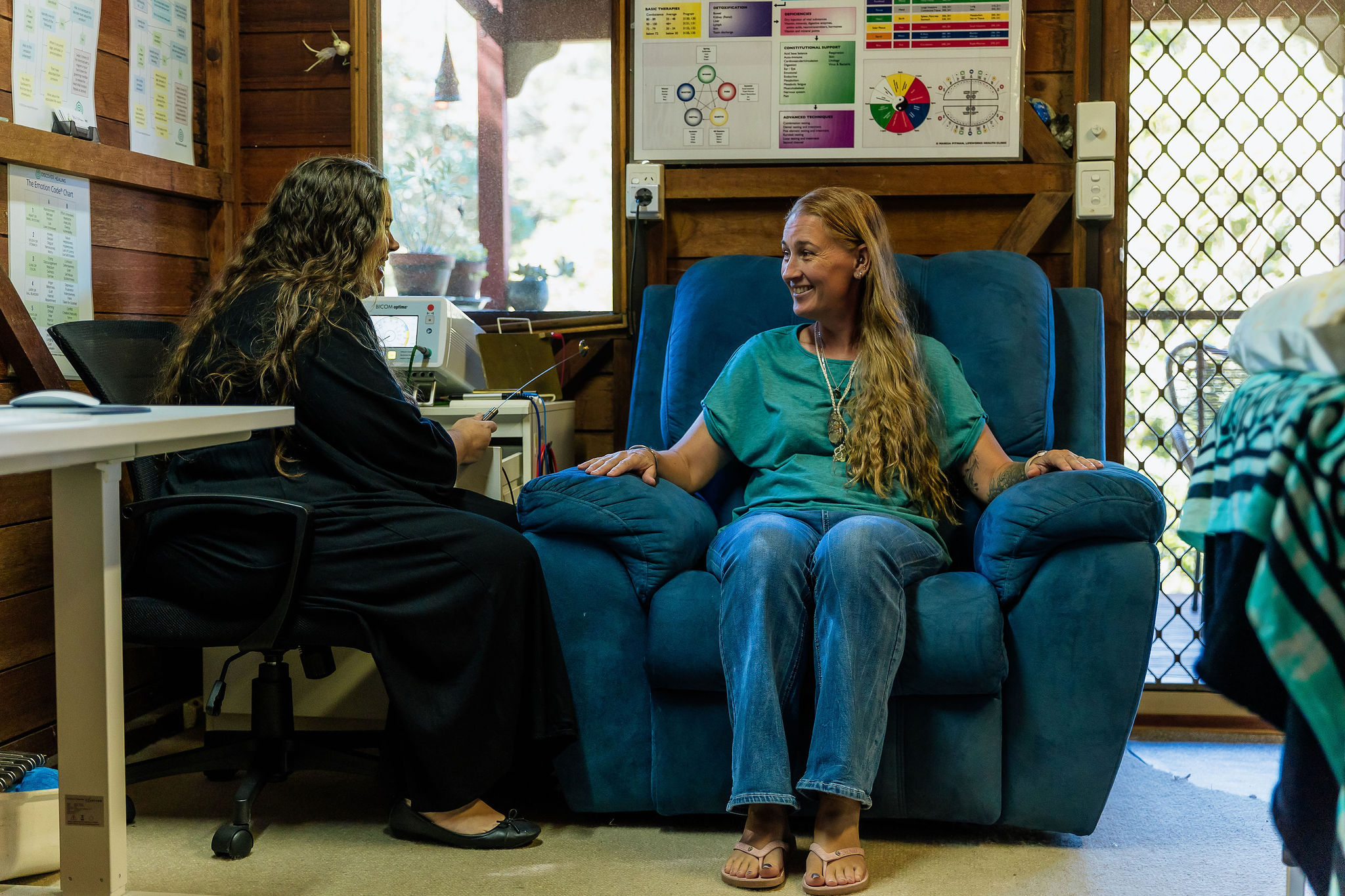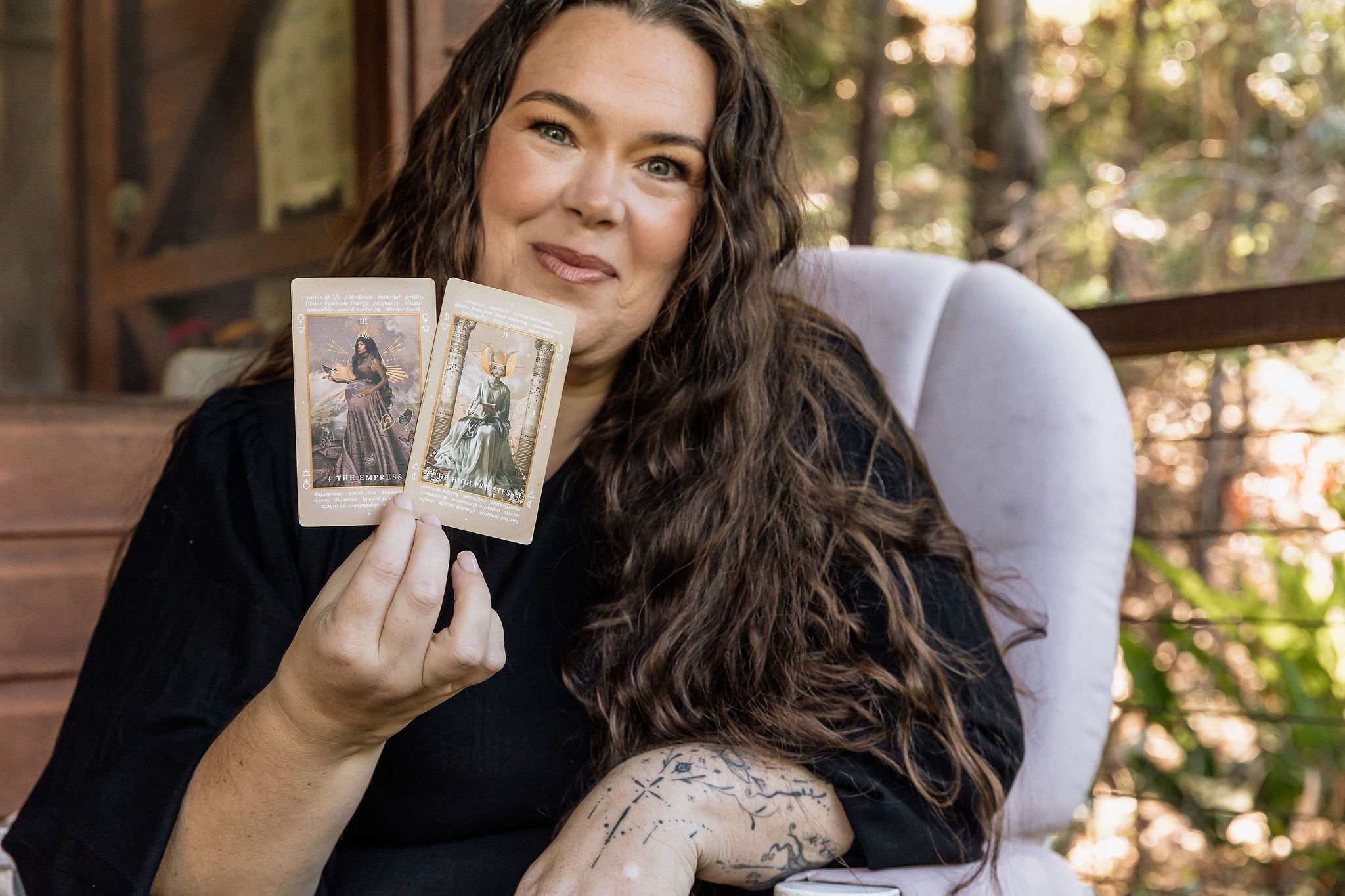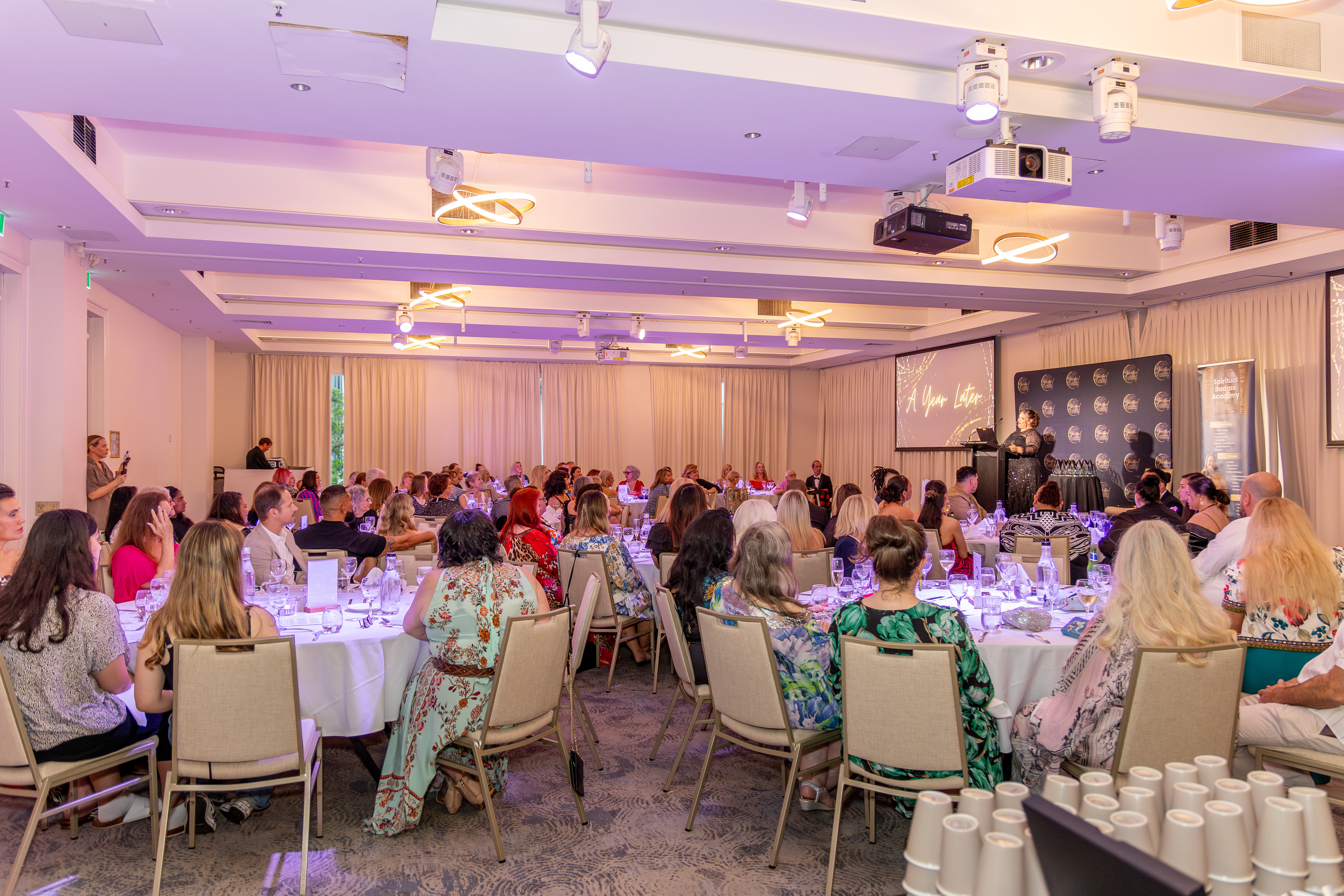Unlock Your Highest Frequency
Qualified Naturopath and Specialist in Frequency, Intuitive Development & Gut Health.
Helping You Create The Life of Your Dreams In Body, Mind & Spirit.
Unlock Your Highest Frequency
Qualified Naturopath and
Bioresonance Therapist
Specialising in Candida and Parasites.

Who We Are and What We Do
We are Kelly Wotherspoon-Rawle and Kane Rawle, husband and wife team in Kiel Mountain on the Sunshine Coast helping people like you get unstuck so you can heal in body, mind and spirit to create the best life for yourself which not only impacts you but everyone in your life as well.
Kelly specialises primarily in the effective treatment of candida and parasites. She offers a wealth of knowledge after working in clinical practice for over 10 years. She is best known for her warmth and her candour, calling a spade a spade and not dancing around important issues that need to be compassionately addressed. If you don't like to be called on your shit and look into your blind spots, she's not the practitioner for you. If you are truly ready to heal, Kelly will cheerlead you every step of the way, whilst giving you a loving kick up the butt.
Kane is known for his quiet observant energy. A grounded masculine force that provides a steady anchor for his clients to ground in makes him the perfect practitioner when you're feeling out of alignment and needing the wisdom of the body to guide you. Kane offers support through not only through the spiritual body and chakra system with esoteric acupuncture, but also for expression and release from the physical vessel through his 1:1 breath work journeys.
Need to find out more about Kelly and Kane?
Click the links below to social media accounts.
On TikTok, Kelly has amassed a following over 43k where she reads the tarot and teaches intuitive development and general wellbeing.
On Instagram you will find the path to the Spiritual Badass Academy and the Spiritual Leaders Awards from Kelly's bio.
Explore Holistic Services for Complete Wellbeing
Find out what we have to offer with in person sessions, remote support, retreats and more.

1:1 Sessions
Online & In Person
In Person:
Esoteric Acupuncture & Breathwork with Kane
Inperson & Online:
Naturopathy & Bioresonance with Kelly



GLP1 Support
Are you taking a GLP1 medication and needing extra support? Download Kelly's GLP1 Support Guide and get FREE access to the custom built GPT built personally by Kelly during her own GLP1 journey. Offering a unique perspective as a naturopath has its perks!

Retreats
In person immersions is the fastest path to wellbeing. Being held within the energy of healing for days has the capacity to facilitate great transformation. Watch the video to see what others say about our retreats and what we get up to!


Spiritual Badass Academy
Join a community of people on the journey of healing and spiritual expansion. In the Academy we offer courses in manifestation, tarot, human design, numerology and astrology as well as LIVE monthly calls with Kelly and other students. To get a taste of the Academy we offer a FUN $11.11 5 Day Alignment Journey. Click the link below to join us.

Spiritual Leaders Awards
Once a year we get to sit in the presence of the most incredible spiritual healers, teachers, leaders and those who have grown communities and dedicated their lives to serving the awakening of others.
Testimonials
Lynnaire's Story

"I have suffered multiple miscarriages. I am now currently 13 weeks pregnant and she has been like my Lifesaver throughout this whole journey. I've seen her every two weeks from the start of my pregnancy... she has just been so amazing during this time."
Tyler's Story

"My chronic fatigue disappeared, my anxiety lessened, my skin conditions improved dramatically, and the random aches and nerve pains throughout my body dissipated. I feel like I've got a hold of my life again."
Spiritual Badass Academy Students

"This is an opportunity that you will not regret. It will change your life, it will change your spiritual journey"
FAQs
Answers to Your Questions About Holistic Wellness Services
Do You Offer After Hours Appointments?
ALL of Kelly's appointments are on offer after-hours. Her sessions are available 5:30-7:30pm Monday to Friday and 8:30-5:00pm Saturdays.
Do You Have Experience with Chronic Illness?
Yes, Kelly has spent 10 years in clinic practice specialising in complex cases. Usually it's not complex, the issue is that the root cause has never been addressed creating multiple issues in the body concurrently.
Are Remote Sessions as Effective as in Person?
The short, easy answer is YES! If you have ever researched quantum entanglement and frequency you will have a better idea of why this is so. If these concepts feel too far out there for your mind to grasp, Kelly often jokes with her clients that this isn't voodoo... so you don't have to believe in it for it to work... it will work anyway! ;)
Are there any age restrictions for your services?
For breath work and esoteric acupuncture we recommend a minimum age of 16 years old. For Kelly's services all ages are mentioned (including throughout pregnancy).
How do I know if the treatment will be right for me?
You don't. Trust your intuition. You have been guided here for a reason, what have you got to lose?
How many sessions will it take to experience improvement?
Generally between 3-5 sessions clients see improvement overall. It's very much a 'how long is a piece of string?' question, because everyone is different depending on lots of different factors including how much is being done by you, the client, at home.
